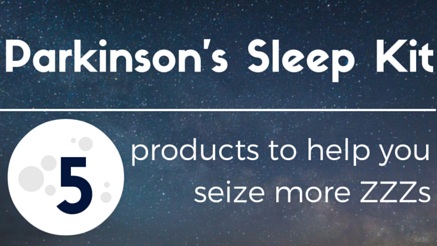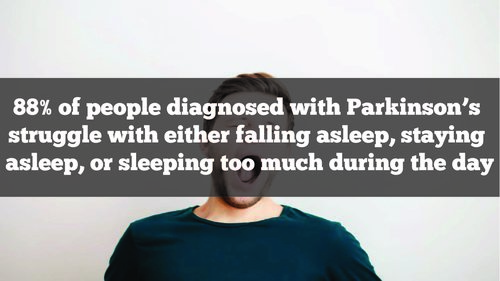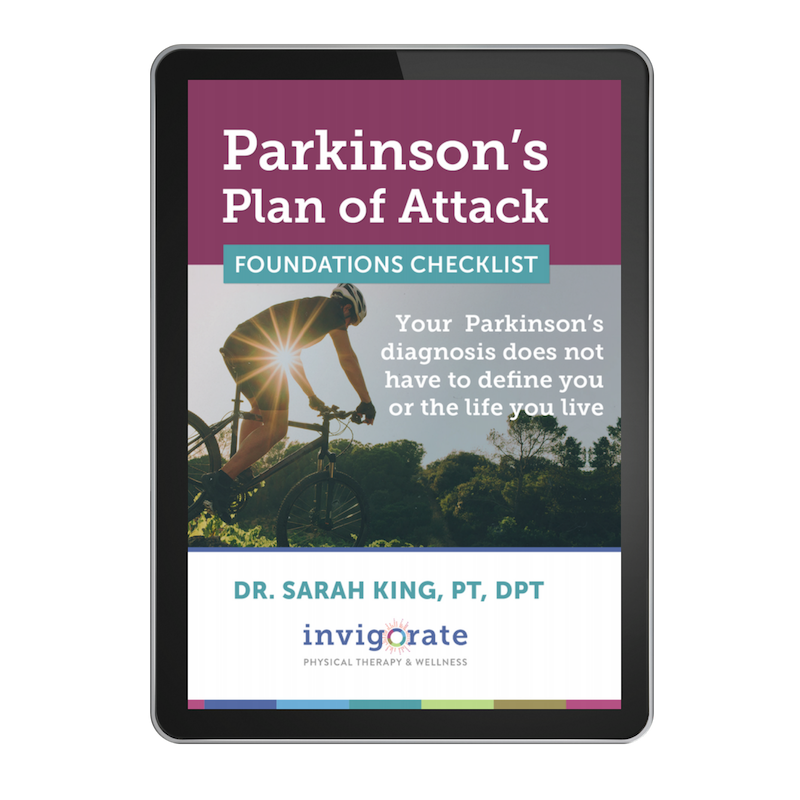There's a reason why we spend 26 years of our lives sleeping. Similar to a battery recharging after it's been drained, sleep is when the body heals itself.
During the day while we are awake our body is in a state of catabolism (or breaking down) and when we fall asleep it shifts to start repairing itself. This is where the healing magic happens.
Sleep inhibits the secretion of your body’s stress hormone (cortisol) and stimulates the release of growth hormones that help to build strong bones, produce red blood cells, and heal muscles. It is also when our kidneys, lungs, and liver detoxify, our skin re-hydrates, and our white blood cells get a boost.
As you can see, high quality sleep is an important aspect of our immune system and is necessary in order to repair from our day-to-day activities. This is especially important if you're working hard to get regular exercise, eating healthy, and challenging yourself mentally - your body needs high quality ZZZ's to recharge its battery.
Keeping a good sleeping pattern is hard enough for the average Joe, but those with a movement disorder can have an especially rough time.
This can lead to a condition called excessive daytime sleepiness (EDS) that has been seen in up to 15.5% of Parkinson’s patients vs. 1% in the healthy population (3). To add insult to injury, movement disorders such as tremor, chorea, and dystonic spasms are often active during sleep (2) and if you also have restless leg syndrome (RLS), which 1 in 3 people with Parkinson’s do (2), then you may also have trouble falling and staying asleep. Some other causes of disrupted sleep may be from various effects of medications or various aches and pains.
You may be thinking: "I have ALL of those things! Is all hope lost for me?"
Luckily, the answer is a resounding NO!
Before you go off searching for your next Ambien (or Ativan, Xanex, or Klonopin), know that you can help support your normal circadian rhythm by making a few tweaks to your bedtime routine, ensuring you have great sleep hygiene (4).
Start coaxing your body into a better night's rest using these tips:
Get into a regular routine - This includes having a consistent bed time and wake time.
Expose yourself to natural light and exercise, preferably in the morning hours.
Avoid stimulants such as caffeine, antipsychotics, antihistamines, and antidepressants for 8 hours before bedtime.
Avoid anxious thoughts or conversations before bed.
Find your pre-bedtime trigger: a warm bath, a cup of tea or magnesium, or deep breathing techniques.
Reserve your bedroom for sleeping. DO NOT watch TV, read, or eat in bed. This way your body knows the bed is reserved for two things: sleeping and sex.
Screens off - including phones, computers, and TV - an hour before bed. The blue-light in electronics inhibits your ability to turn-off at night.
Limit naps to 20 minutes. If you're a regular napper, try and keep your naps at a consistent time of the day so your body can fall into a rhythm.
Minimize light and noise. Use blackout curtains, a mask, or earplugs if needed. (Note: If you need a nightlight for bathroom trips, make sure it's one that's free from stimulating blue-light like this Low Blue-Light Nightlight.)
Turn your clock face away from the bed so you won't be tempted to look at it in the night.
Still struggling with sleep?
Sometimes, even after a solid sleep-routine upgrade, you need a little extra help. Find 5 helpful sleep-inducers in Part 2 of this series:
READ: Parkinson's Sleep Kit: 5 Products to Help You Seize More ZZZs
WATCH: Sarah talks Stellar Sleep with Colin Potter from Fight-Parkinsons.org
Ready to go further? Try the Invigorate Physical Therapy Plan of Attack Foundations Checklist to take it to the next level!
Resources
1. Adam, K., & Oswald, I. (1984). Sleep helps healing. British Medical Journal (Clinical Research Ed.), 289(6456), 1400-1401.
2. Happe, S. (2003). Excessive daytime sleepiness and sleep disturbances in patients with neurological diseases: epidemiology and management. Drugs, 63(24), 2725-2737.
3. Tandberg, E., Larsen, J. P., & Karlsen, K. (1999). Excessive daytime sleepiness and sleep benefit in Parkinson's disease: a community-based study. Movement Disorders: Official Journal Of The Movement Disorder Society, 14(6), 922-927.
4. Parkinson's Disease Clinic and Research Center. (2014, January 1). Retrieved January 16, 2015, from http://pdcenter.neurology.ucsf.edu/patients-guide/sleep-and-parkinsons-disease





